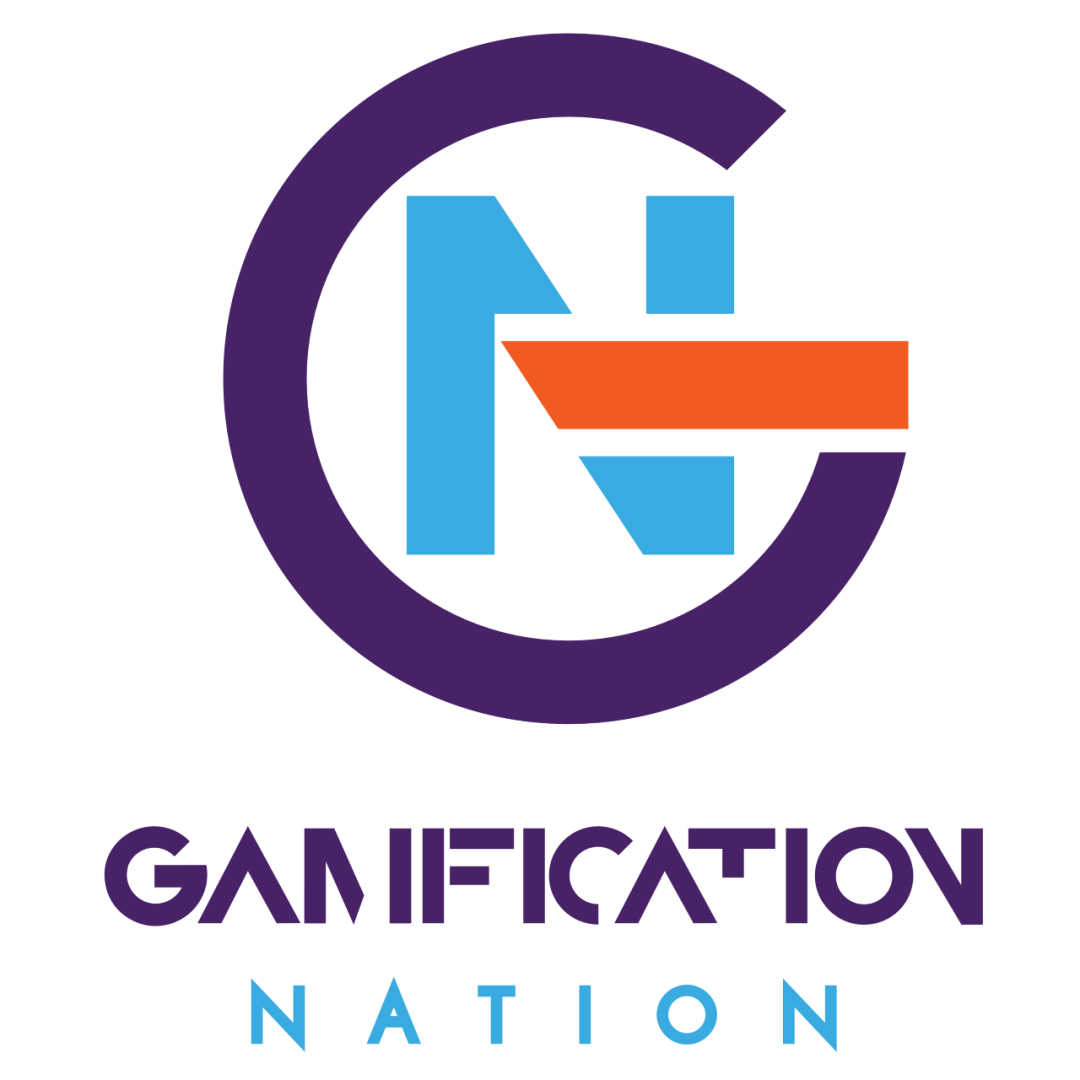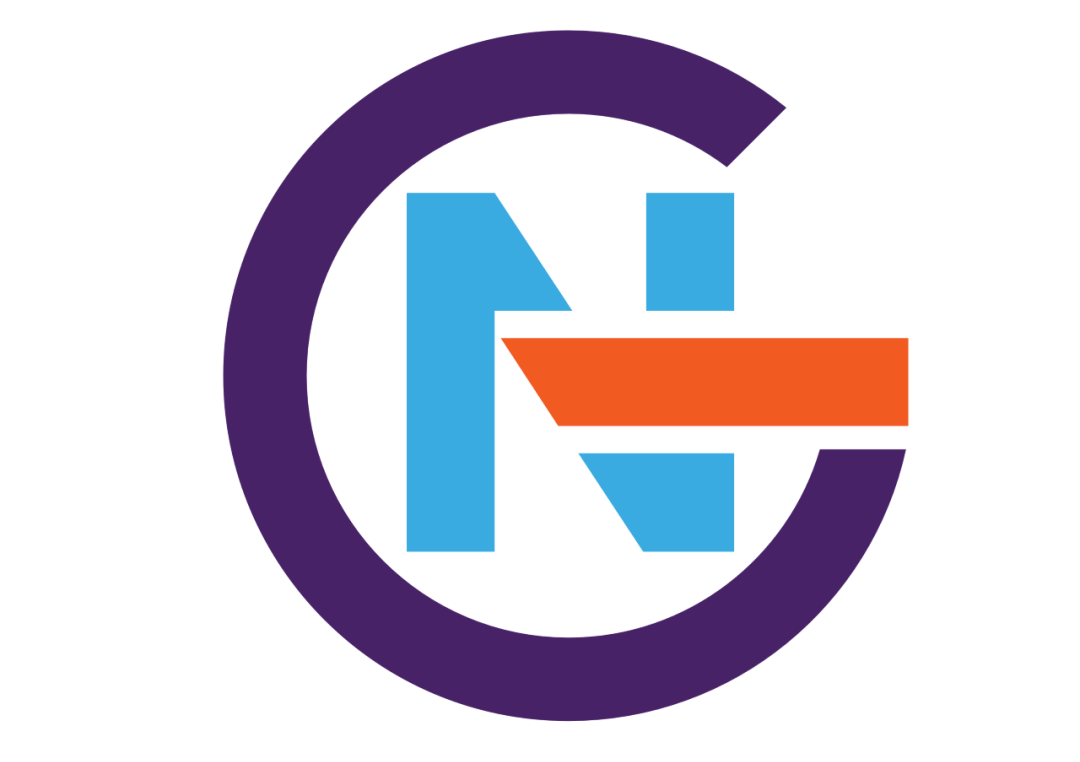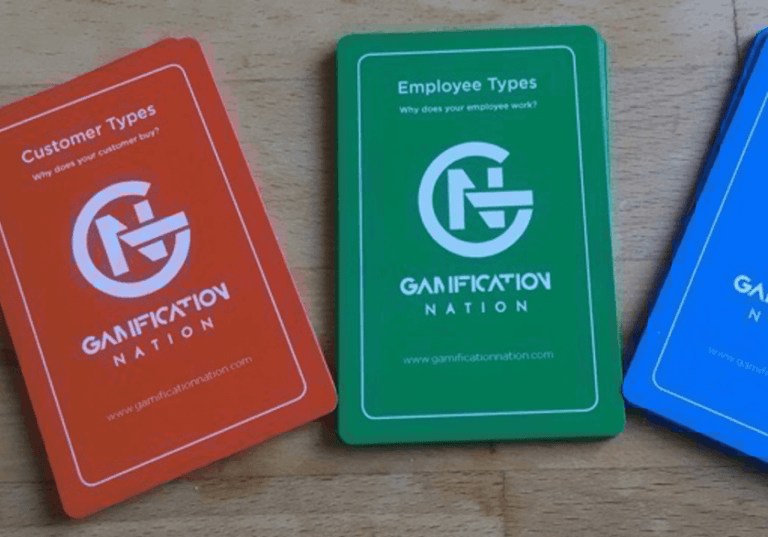If you have been reading my blog for some time, you know my aversion for things like leaderboards in places where confidence building is more important. Yet in a lot of our social media channels, popularity contests are rife and there isn’t even a leaderboard in sight. I see playing towards popularity contests as the dark side of gamification, and maybe even larger than that humanity.
Social media likes, hearts and other emoji have been in our lives for a number of years, it is defining or validating the thoughts of a generation who grew up with social. In the early days and maybe still today, you could buy followers or likes to have your post rising to the top of a feed. It just shows that for everything that matters to a large enough audience, there will be a sales opportunity.
The people’s vote
In awards and popular tv shows, we have grown used to the people’s vote to select winners. It favours those with the biggest network and following. I am an avid viewer of the BBC show Strictly Come Dancing and in the earlier weeks, you typically find that those with the smallest following or least popular are voted out even if they are better dancers. In awards where there is a heavy reliance on the popular vote, again the same happens. In politics, we saw populist lies win a Brexit vote, yet the culprits remain unaccountable even though they have admitted lying.
The Losers
The real losers are those that have the ability and were left doubting that very skill because they didn’t play to the popularity contest. They often waited for merit to be recognised and hoped that somewhere objective measures would help them to win.
As a gamification professional, this bothers me. Yes, popularity contests have a place and have probably been part of humanity since its early days. Self-proclaimed leaders with followers that believed in your cause are rife in all of our history. No matter how many people study history we see the manipulation of truth happening all around us every day.
Yet it still bothers me that we have advanced so far in development and still resort to the same old game. In sports, we would disqualify those that use doping to enhance their performance, yet in business and in life we are not as strict.
What can we do about it
Becoming merit focused and objective, by definition means you need to know the criteria for selection and excellence. It also by default means you need to call out the cheaters and popularity riders. When we have gamification workshops with companies, we often have to address the concept of popularity contests and its downsides. If we don’t point out the obvious we are as much complicit to encouraging it.
If we look at some of the prestigious awards such as the Nobel prizes, we typically find they have been selected by an expert panel and the reasons why they won is usually hugely impactful and explained as part of the award. In a similar fashion, the Oscars are selected by expert panels. Neither awards have been completely void of bias, but when it is pointed out course changes have been made. The fact that the awards also come from non-profit organisations, who truly want to promote excellence in an industry help their acclaim.
Weighted point systems can overcome some of the challenges to balance popularity voting with expert overviews. Disqualification of entries who are cheating is another powerful measure and to make this knowledge public as well. I have seen some competitions where solicitation of judges or voting, in general, is a guaranteed track to be ruled out of the game.
If we want to be taken seriously as an industry, we have to bring up the serious side-effects of human motivation in our gamification design work. If your objective is to select excellence and encourage more of that, then clear criteria and measures need to be given either upfront or with qualitative feedback after the selection process. Quantifiable and verifiable claims are more impactful in my book than a large following based on hype and in some cases lies.
https://gamificationnation.com/how-to-build-a-business-case-for-gamification/




